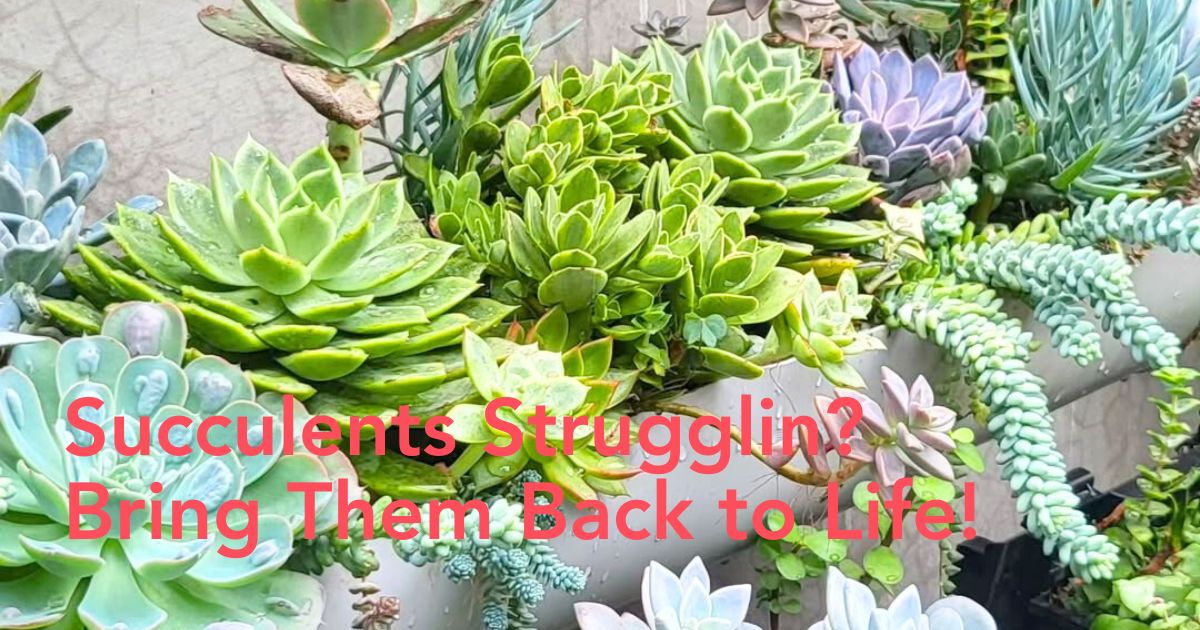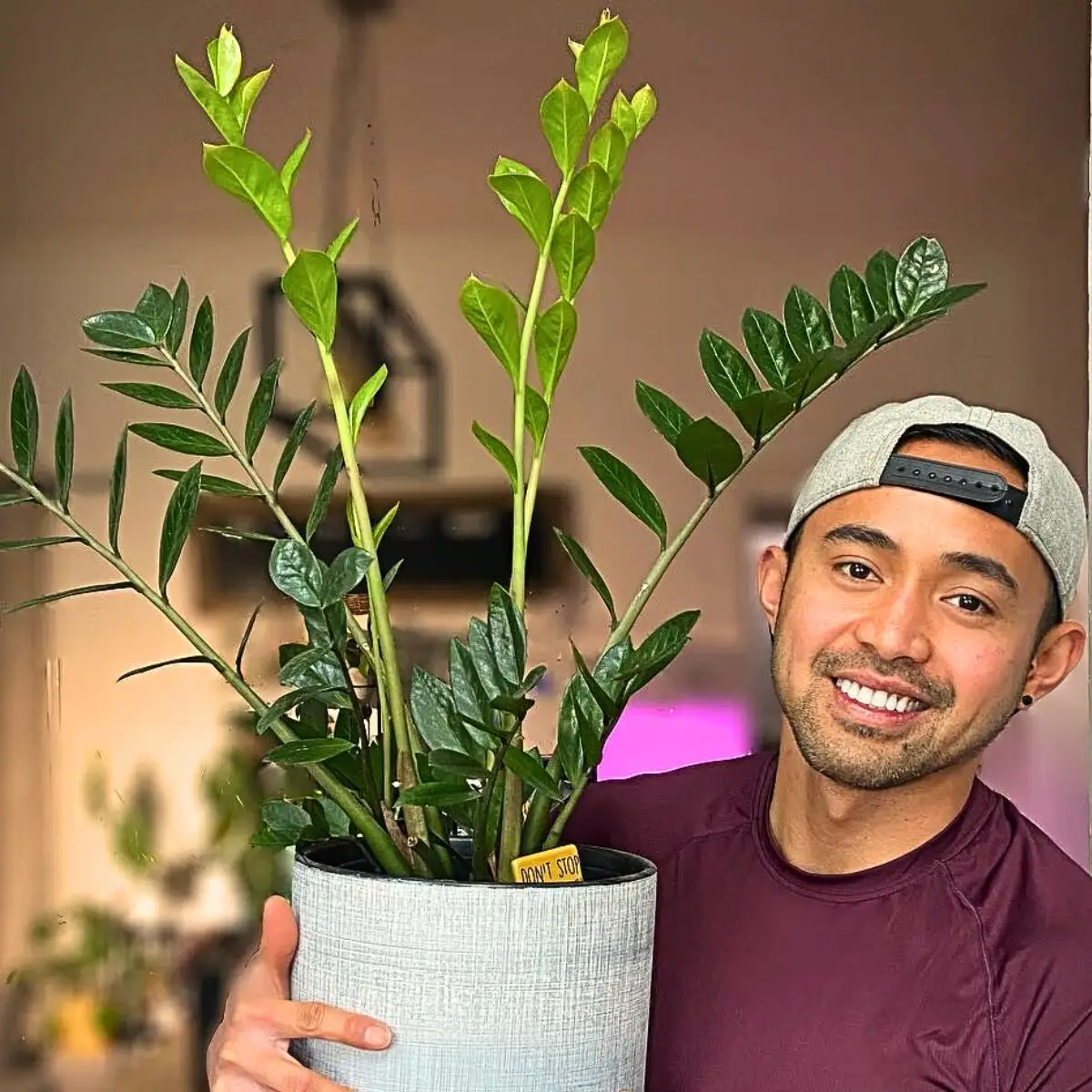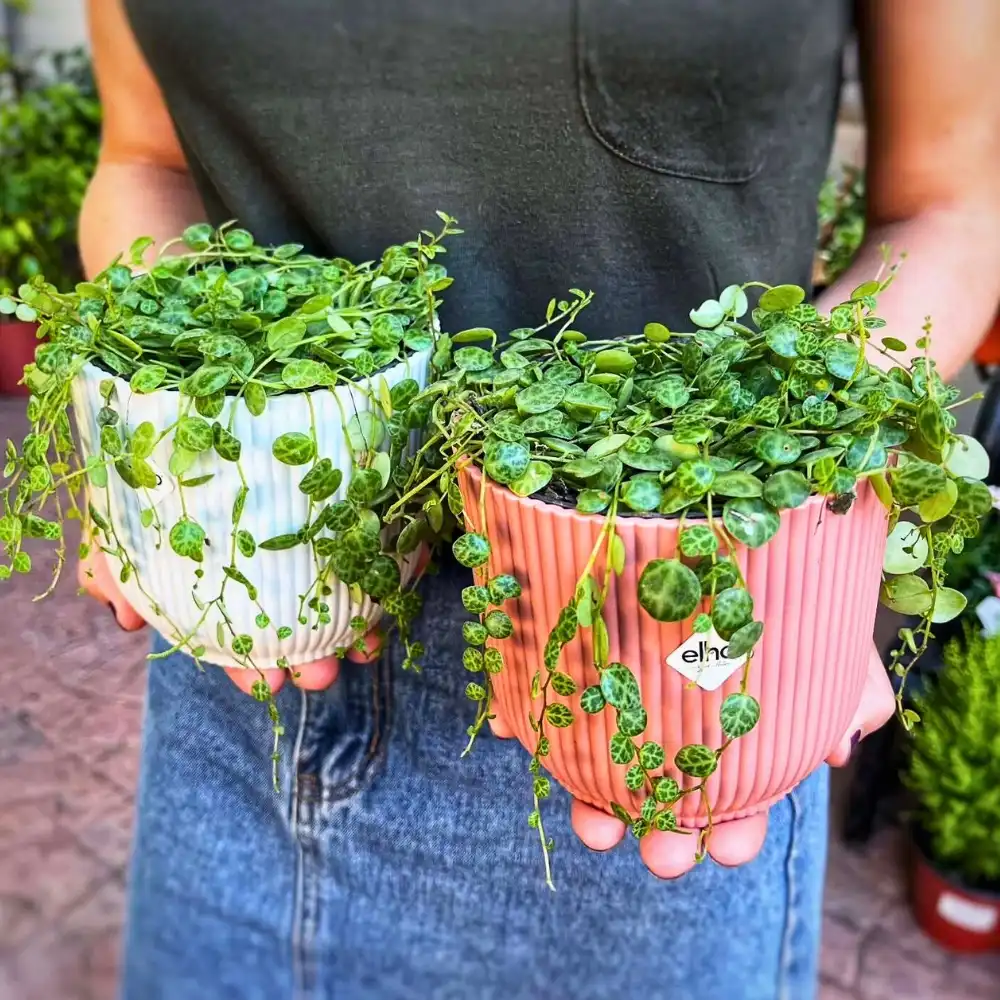Although succulents are known for being extremely low-maintenance, they still require proper growing conditions to thrive. If your succulent's leaves have begun to wilt or change color, it is most likely due to a lack of care or a pest infestation. Fortunately, it is relatively simple to revive a succulent, even if it has been underwatered or overwatered, damaged by insects, or has suffered leaf burn. With that said, let's get to the action of five ways how to revive succulent plants to have them healthy and thriving again.
Knowing When to Revive a Succulent
Learning how to revive a succulent can help you prevent overwatering, underwatering, leaf burn, and other issues. There is no worse feeling than going to check on your favorite succulent only to discover that it is dying. But don't worry; as long as your succulent shows some signs of life, it can be revived. Act quickly to save your succulent as soon as you notice the problem. Because succulents take time to show signs of stress, it's critical to act quickly to save a plant that has likely been sick for some time.

How to Revive a Succulent From Overwatering
Overwatering is one of the most common problems that succulents face, as said by Andrew Bunting, the Vice President of Horticulture for the Pennsylvania Horticultural Society. A sign that a succulent has been overwatered is that the leaves turn a brown or gray color and are mushy to the touch. Nonetheless, leaves may also start falling off. To revive a succulent from overwatering, gently slip the succulent out of the pot and look at the roots to assess the damage. If most of the roots look white and healthy, the revival process may be as simple as waiting to water until it needs it.

If you notice any dead, brown, or mushy roots, treat the plant with a fungicide labeled for succulents to help prevent further spread. To help your succulent recover, place it in a brightly lit area. The more light it gets, the more energy it will have to revive. As a general tip, you mustn't allow your succulent to become overly dry after being wet. Overwatered roots are more vulnerable to further damage from subsequent underwatering.
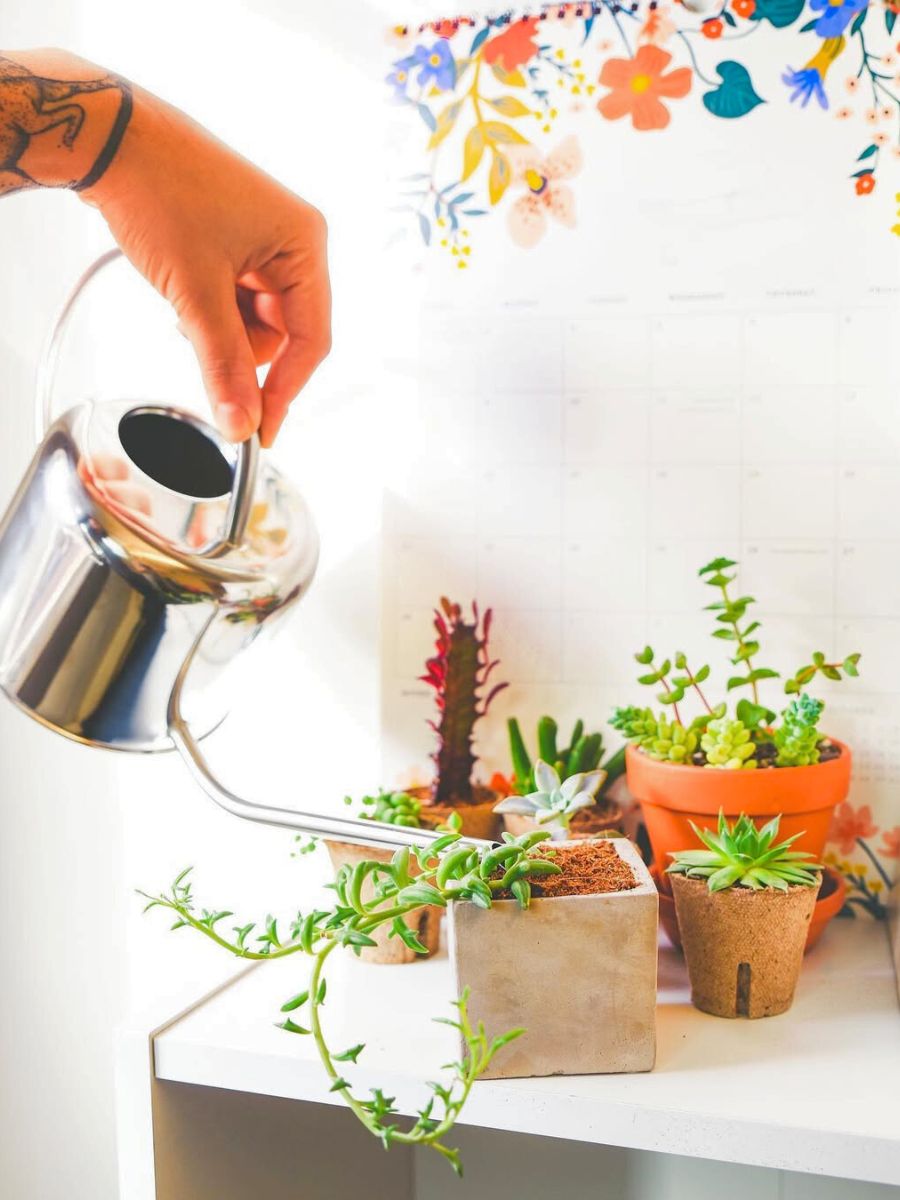
How to Revive a Succulent From Underwatering
A succulent that hasn't received enough water will most likely have shriveled and dull leaves and stems. If the soil is completely dried out, slowly add water to help it absorb it. Many cacti and succulent soils are considered hydrophobic, meaning when they dry out, they more easily repel water than absorb it. Gradually adding moisture allows it to soak in rather than run off.
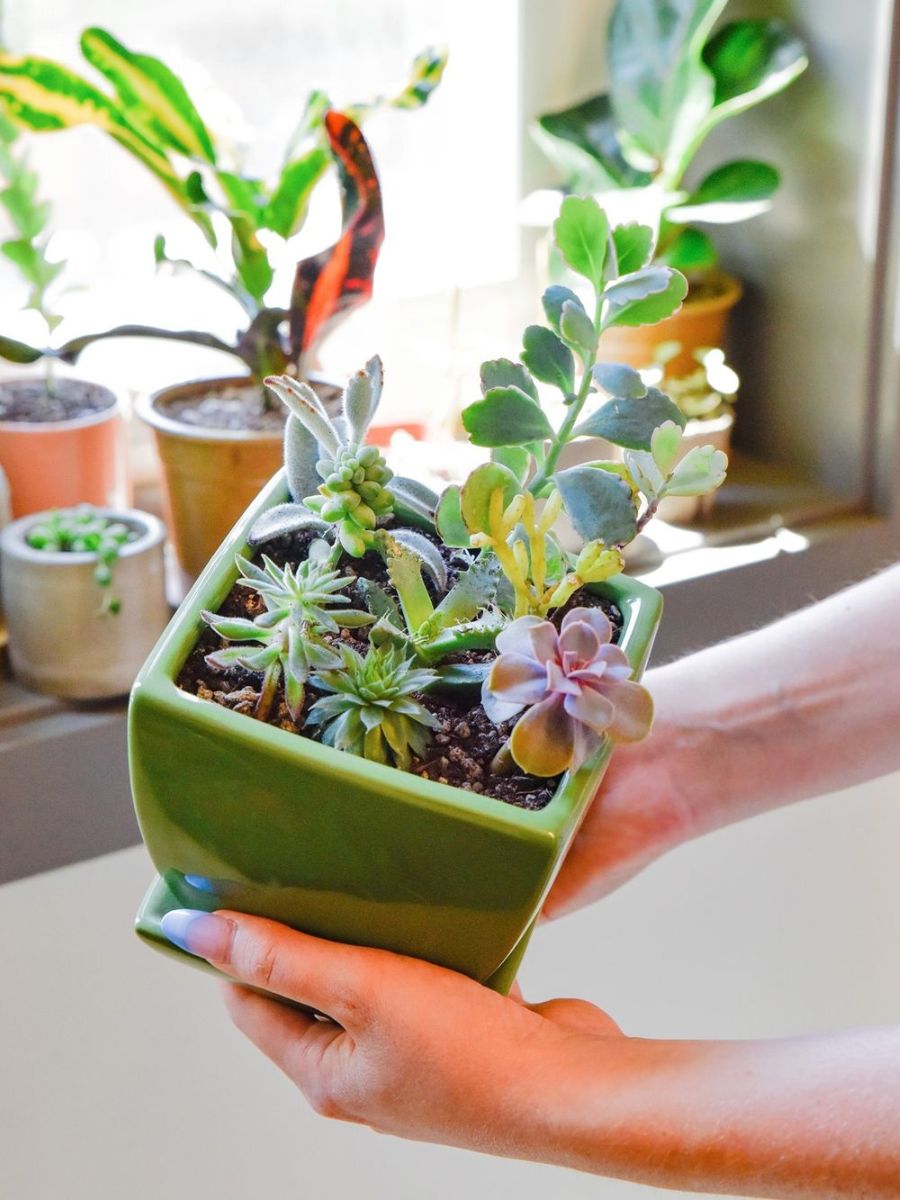
Reviving a Succulent Dying of Pests
If your succulent is infested with insects, the first step is to determine which pest is causing the problem. Common insect infestations include scale, mealybugs, white flies, aphids, and spider mites. Once the insects have been identified, it is important to isolate your plants so that they don't impact other plants.
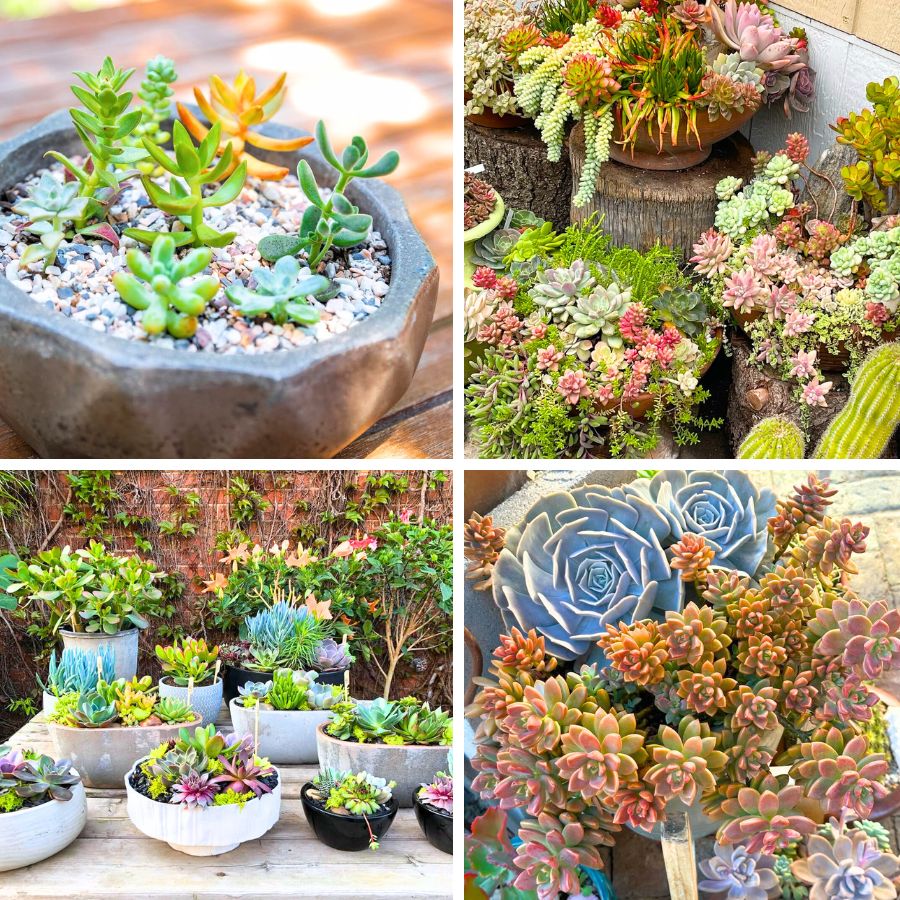
The best way to revive a succulent that is dying from pests depends on the type of insect, but insecticidal soap is usually the best option. When spraying insecticidal soap, make sure to cover all of the insects. Continue the treatment weekly (or as recommended on the product packaging) for four to six weeks to ensure you've eliminated all generations of pests.
Reviving a Succulent From Leaf Burn
If your succulent has leaf burn, you will notice bleached or discolored patches on its leaves. The leaves will not heal, so you can snip them off with clean, sharp scissors, but leaving them alone will have no negative impact on your succulent. To avoid this problem and future leaf burn, relocate your plant to an area of the house where it will receive plenty of light but not direct sunlight.
Revive a Succulent From Temperature Issues
If your succulent shows signs of stress, such as soft, discolored leaves from frost damage or scorched, dry patches due to excessive heat, it’s crucial to act quickly. For frost-damaged plants, move them indoors to a warmer spot, away from cold drafts, and allow them to recover. Once new growth appears, carefully trim away the damaged leaves to promote healthy development. In the case of heat stress, provide afternoon shade to shield the plant from intense sunlight and improve airflow around it to prevent overheating. If the succulent appears extremely dehydrated, mist it lightly to restore moisture, but be careful not to overwater, as this can lead to root rot.

A Few Helpful Tips and Tricks to Keep Your Succulents Healthy and Thriving
The best way to keep your succulents healthy is to give them ideal growing conditions. The healthier a plant is, to begin with, the better it will hold up to stressors such as over and underwatering, and the more resistant it will be to pests.

Appropriate Water
Succulents require the appropriate amount of water to thrive. Too little water will cause problems, and too much water can be extremely detrimental to succulent vigor. If you are unsure when to water, try using a toothpick. Insert a wooden toothpick or chopstick into the soil, wait a few minutes, and then pull it out. If the toothpick is clean, your succulent likely requires water. If it comes out with some potting mix stuck on it, there’s usually enough moisture present.
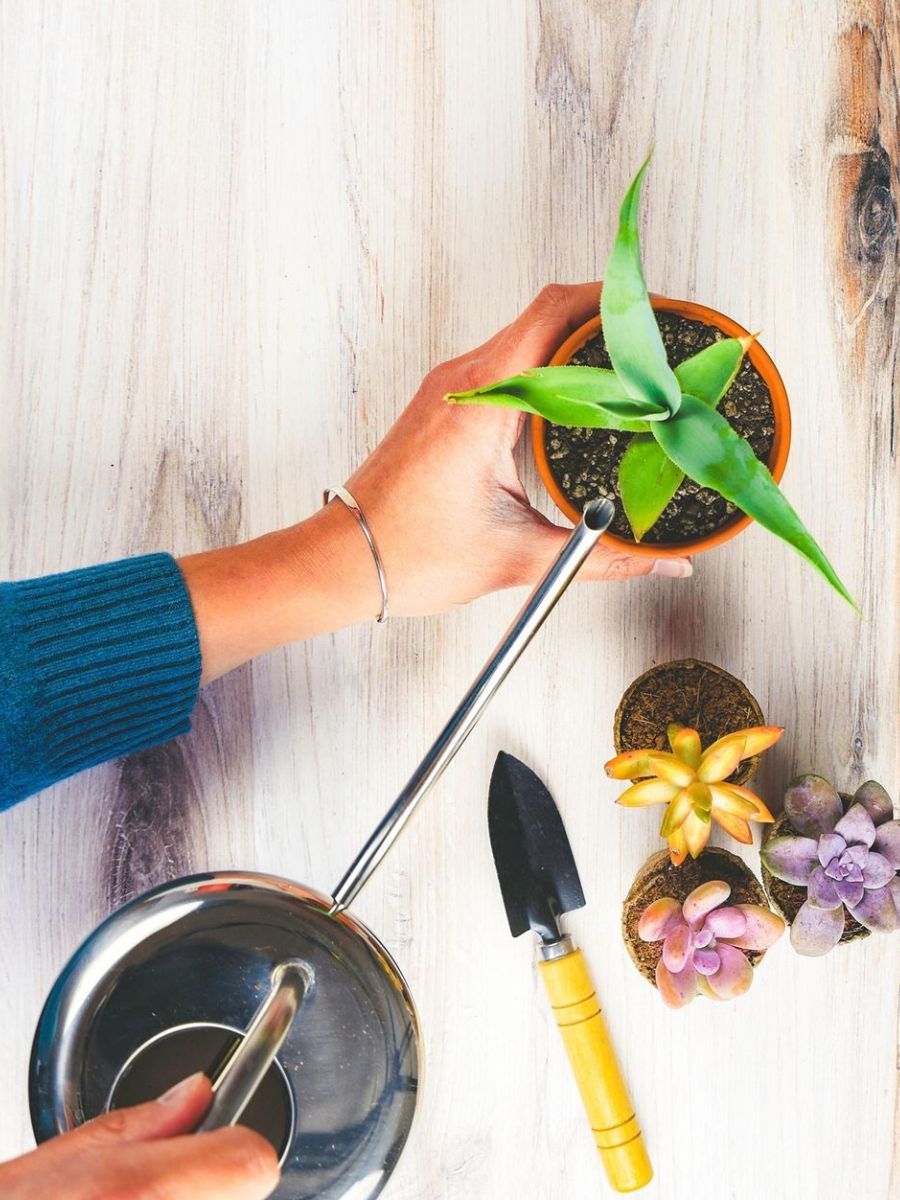
Well-Drained Soil
To avoid wet feet, succulents require well-drained soil with a specific mix. Bunting emphasizes the importance of using the right soil for water retention and drainage.
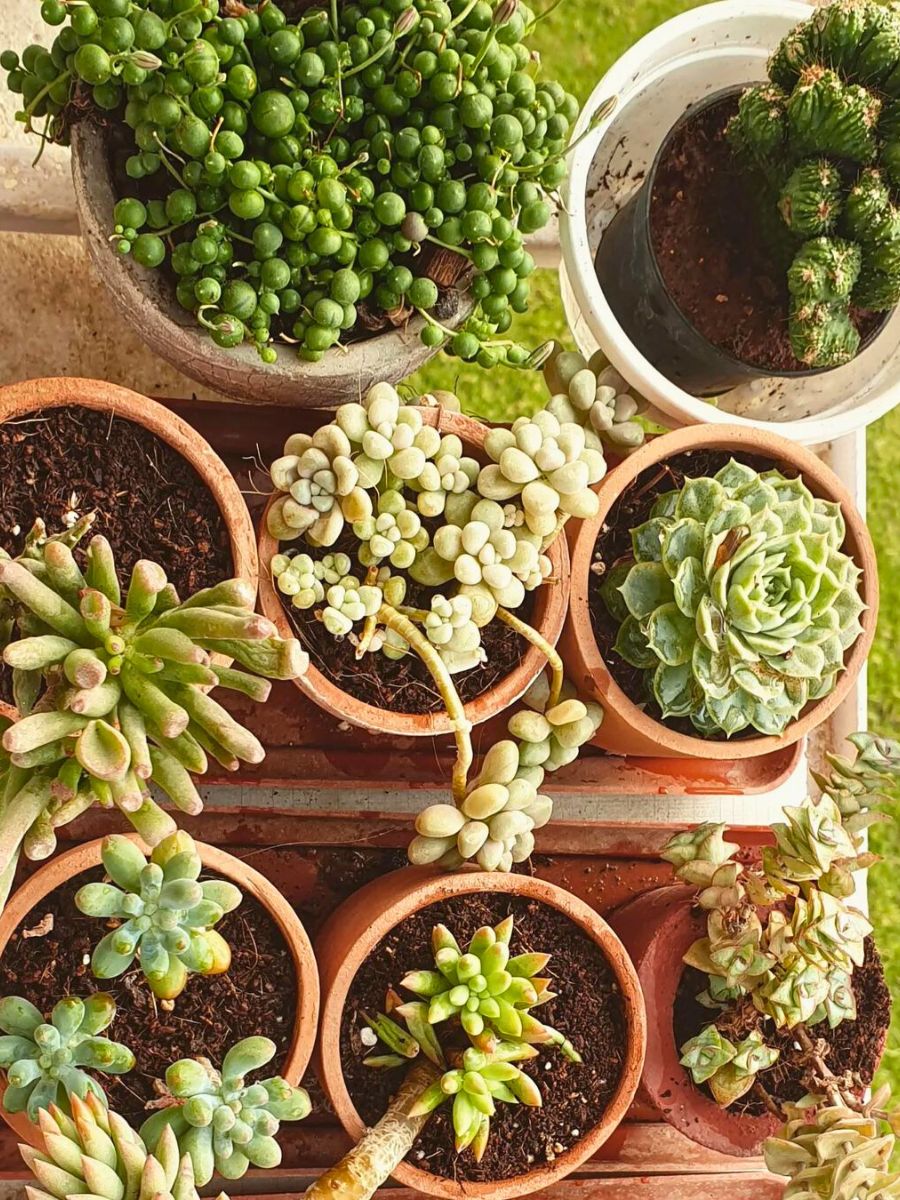
(Not Too Much) Light
Succulents, like water, require adequate sunlight to thrive. Too much and the leaves will burn; too little and growth may be stunted. Succulents prefer lots of bright, indirect light.
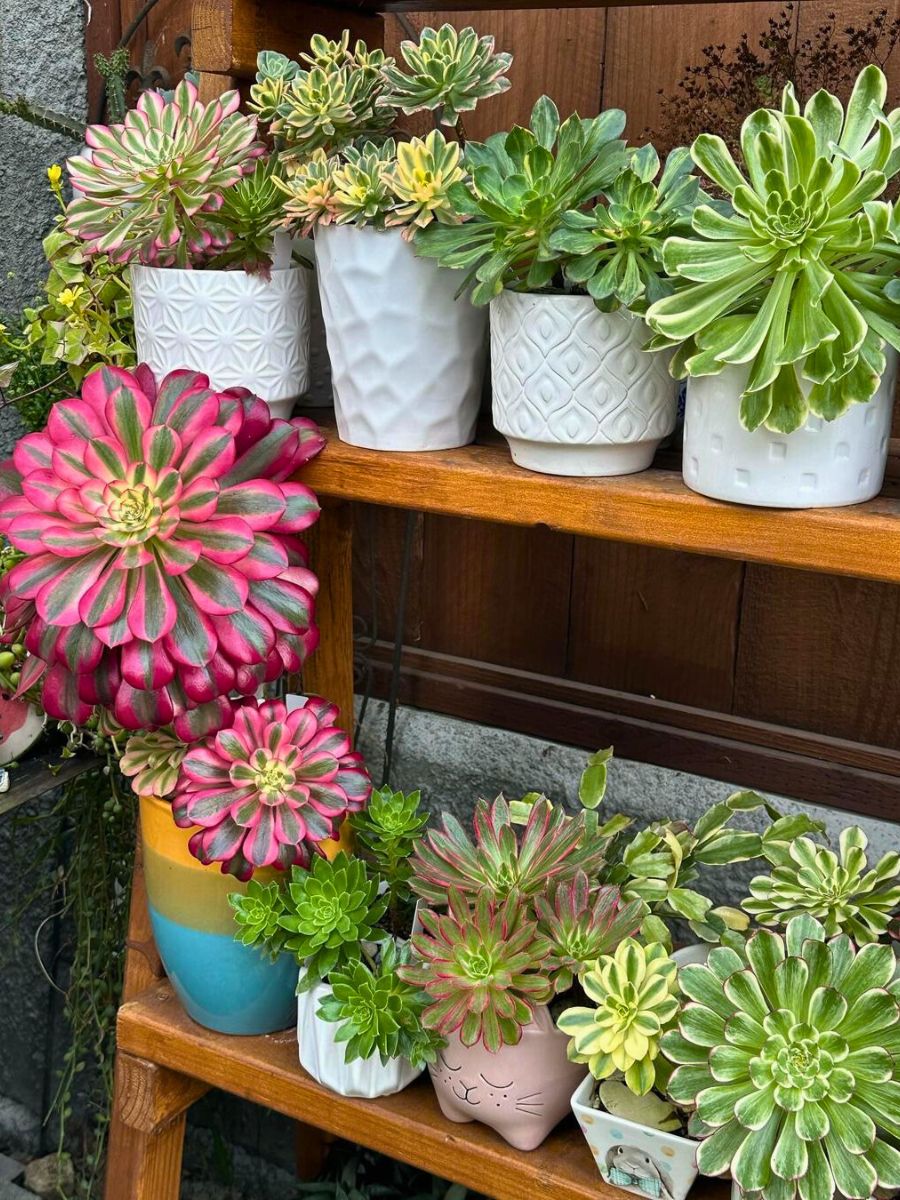
Fertilize Your Succulent
If you've had your succulent for more than a year and haven't fertilized it, doing so in spring and/or summer can help keep it healthy. Follow the fertilizer package instructions for recommended application rates.
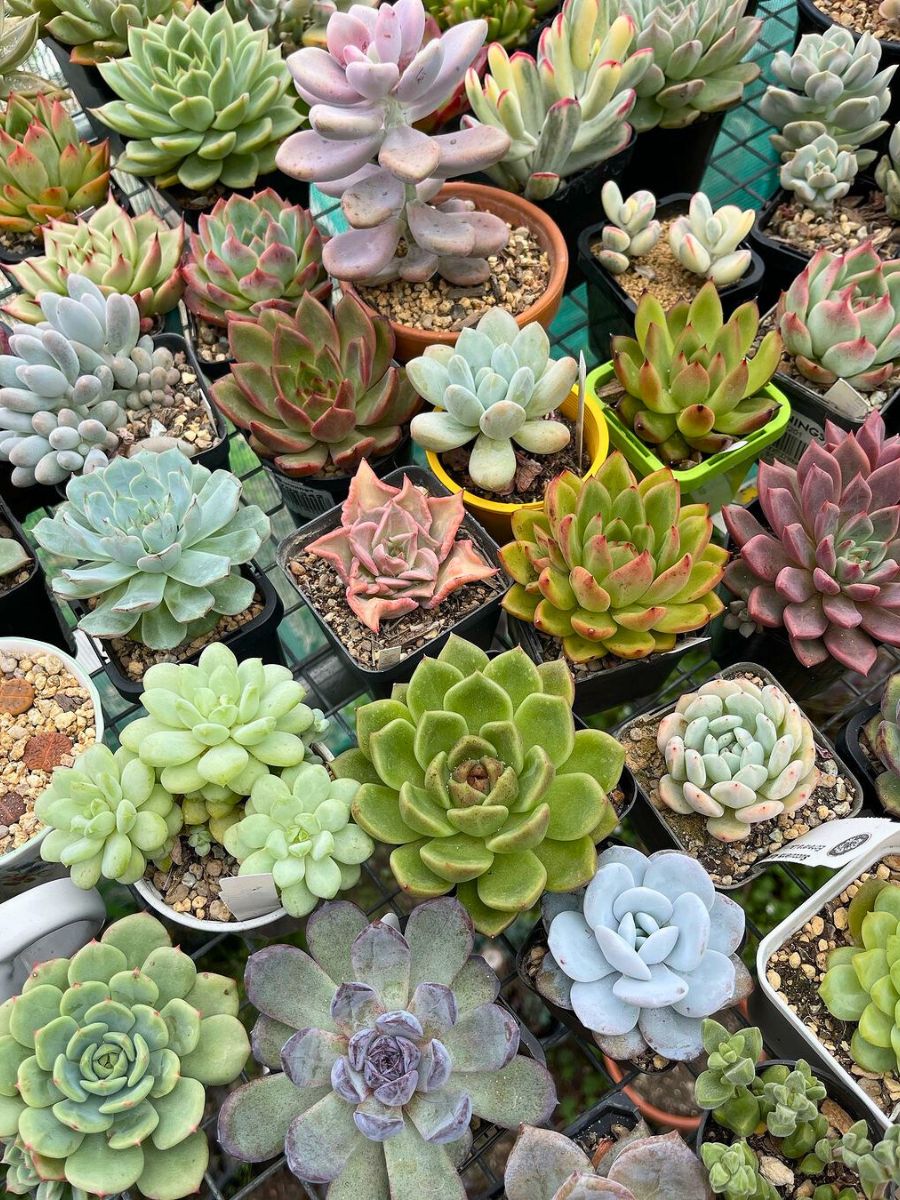
2025 is the year when you will start taking more and deeper care of your beloved plants because they deserve it. There's no bigger pleasure than loving and caring for your favorite succulents and overall plants that decorate your favorite spots at home both indoors and outdoors.

